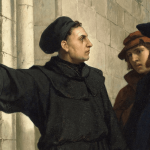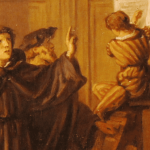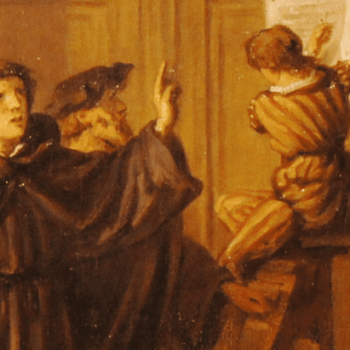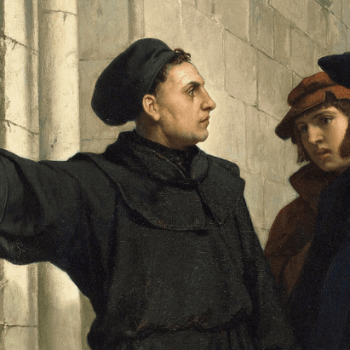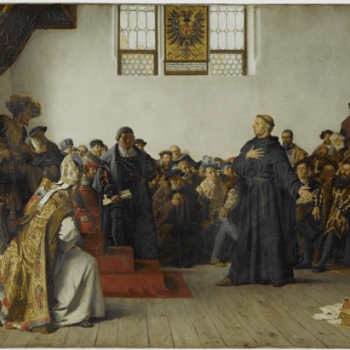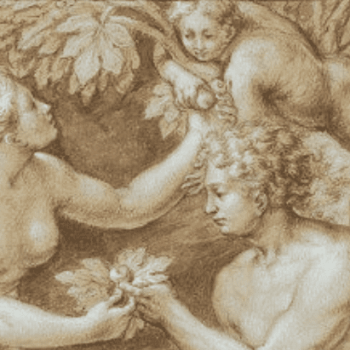
Calvin’s perspective
Calvin rejects both Zwingli’s teaching, which he considered that eating the flesh and drinking the blood of Christ simply meant believing in Christ, and the teaching that the Eucharist is simply as a kind of spiritual participation. ⠀ ⠀
For him, souls are truly nourished by the body and blood of Christ through the operation of the Holy Spirit. How does this happen? Bread is the symbol of the Body of Christ and wine is the symbol of his Blood, but they are not empty symbols.
Indeed, by the symbolic action of eating the Body of Christ (eating bread) and drinking his Blood (drinking wine), the Holy Spirit truly unites our souls to Christ; there is a true participation of the faithful in Christ.
Is there some agreement?⠀ ⠀
Is it possible to find a point of agreement with the Catholic doctrine?
Yes, since we teach the Eucharist bears the fruit of an admirable and profound union with Jesus Christ (Catechism of the Catholic Church, n. 1391), who is contained truly, really and substantially in the Blessed Sacrament.
A brief explanation
Simply put, Catholic theology states this:
By a miraculous intervention, it is possible to separate a body’s ability to occupy a space from the very fact of that body occupies it. The former we call “intrinsic extension”, and the latter we call “extrinsic extension”.
In this way, Jesus is in the Eucharist only with the ability to occupy a physical space, but he is currently occupying a physical space in heaven. Saint Thomas Aquinas consider impossible the multiplication of the extrinsic extension.
What is multiplied, therefore, is the sacramental presence of Christ.

